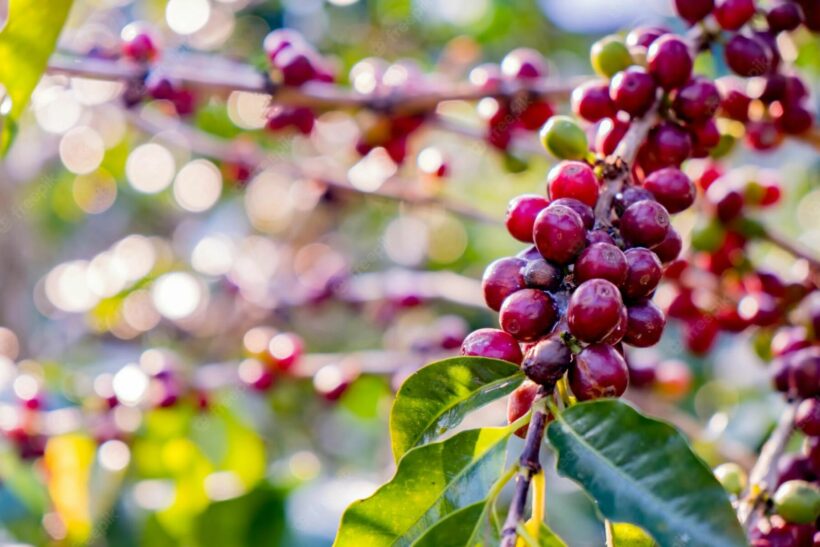Thailand encourages coffee farming to meet growing demand in Asia

Palm and rubber farmers in Krabi are being encouraged to grow coffee, as demand rises faster in Asia than in other parts of the world.
On a visit to a community coffee enterprise in Krabi’s Khlong Thom Nua, Deputy Commerce Minister Sinit Lertkrai said on Tuesday….
“Krabi’s coffee is gaining international attention thanks to its certification as a GI product.”
GI identifies a product as originating in a particular country, region or locality where its quality, reputation or other characteristics are linked to its geographical origin.
Coffee consumption in Asia has risen 1.5% over the past five years, beating Europe’s 0.5% rise and the 1.2% rise in the US.
The largest consumer of coffee in Asia is currently Japan. The country has a well-developed coffee culture, and numerous cafes and restaurants serve coffee. China is the second largest consumer but consumption is growing very rapidly.
Thailand traditionally produced mainly Robusta for industrial use but has become an exciting hotspot for speciality Arabica and fine Robusta coffees. Thailand exports very little coffee so most of the consumption is in the country.
There is a booming speciality coffee ecosystem where farmers, roasters, cafes and consumers symbiotically co-exist. In general, Arabica beans are grown in northern Thailand and robusta beans in the south.
Krabi Chamber of Commerce secretary Siritorn Julchoo said the province, which currently makes about 84 billion baht (US$2.4 billion) a year from tourism, expects a higher income from GI registration.
The value of Thai coffee is expected to hit 60 billion baht (US$1.7 billion) soon.
Latest Thailand News
Follow The Thaiger on Google News:


























